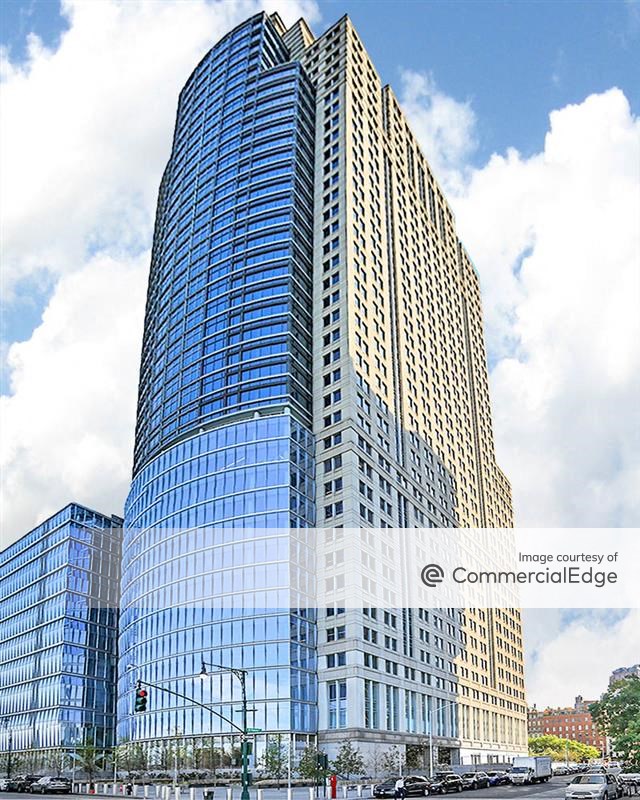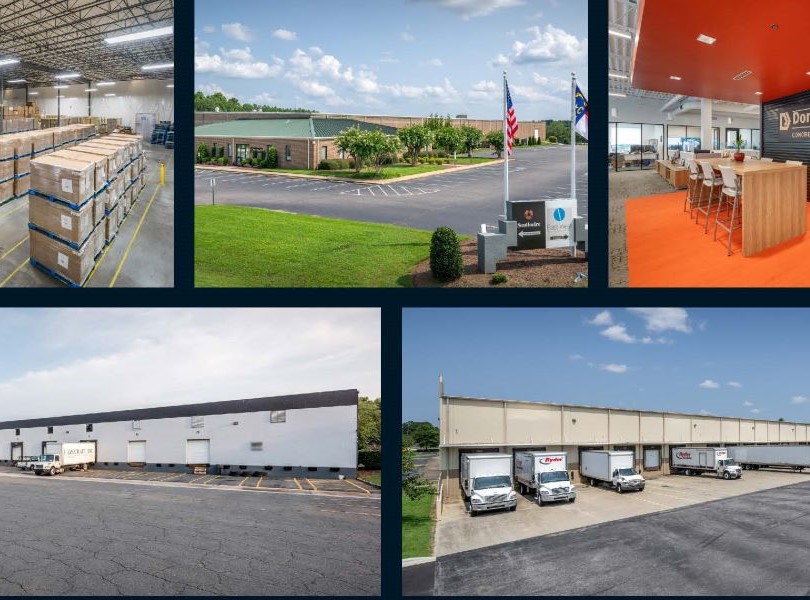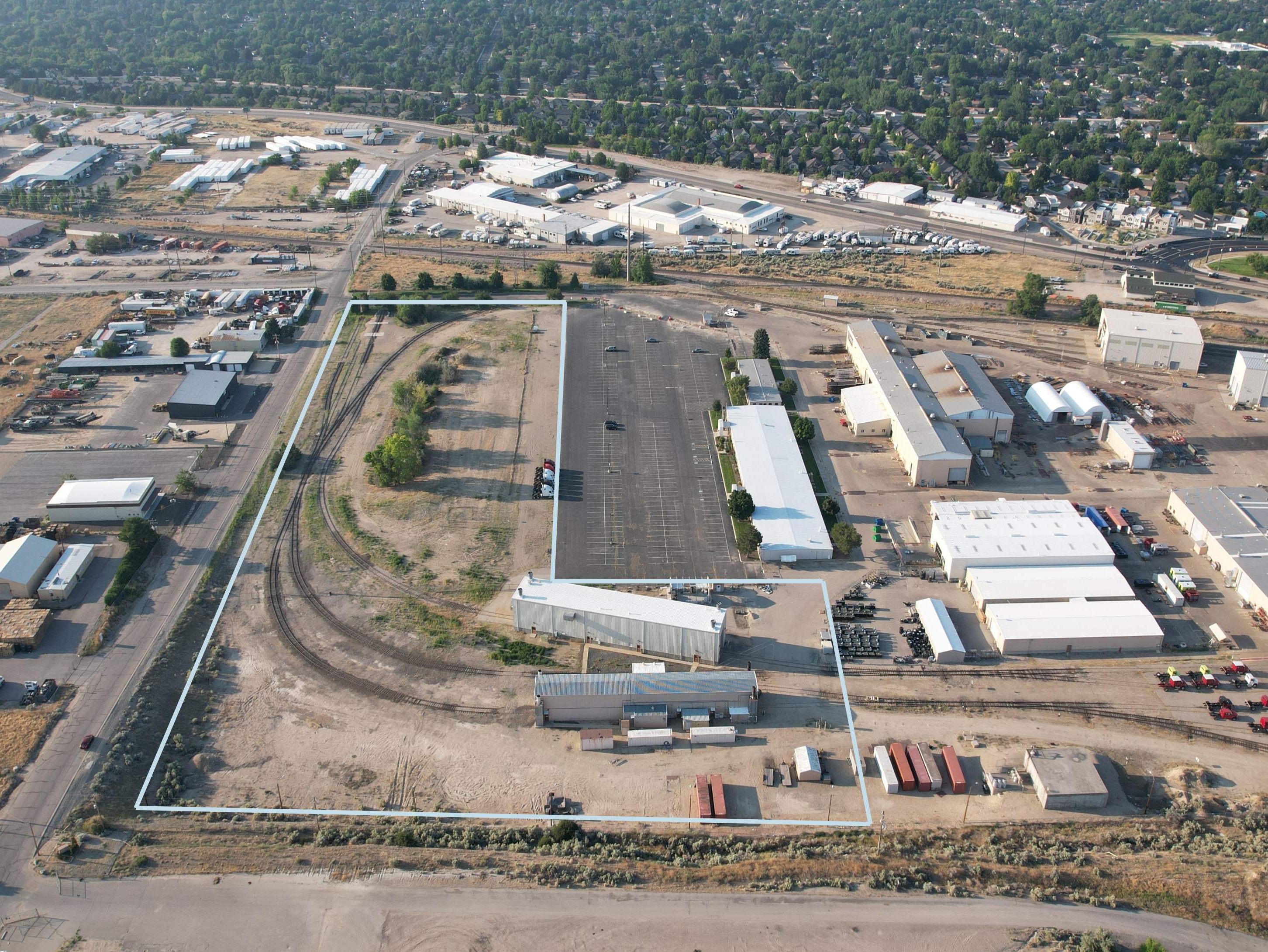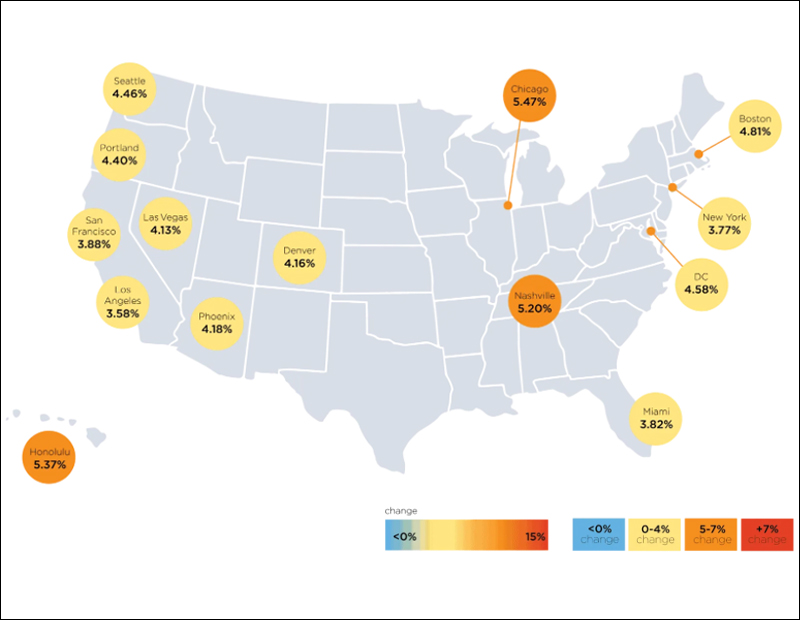Meet the World’s Largest WELL-Certified HQ
This financial services firm's campus encompasses 2.6 million square feet.
Citigroup’s global headquarters in New York City has earned the WELL Platinum certification. The property, which measures 2.6 million square feet in the Tribeca neighborhood of Manhattan, is now the world’s largest WELL-certified office space.

Citigroup acquired the two office buildings at 388 and 390 Greenwich St. from SL Green Realty in 2016, according to CommercialEdge information. The 1990s-completed assets changed hands for nearly $1.77 billion.
Formerly known as the Shearson Lehman Plaza and later as the Travelers Building, the 40-story tower at 388 Greenwich St. is among the tallest in Tribeca. Its amenities include a fitness center, full-service dining facilities, a medical center, a conference center, a day care center and an outdoor park.
The financial services firm completed a major renovation of the campus in 2020, using the WELL framework to promote employee health and productivity. Among the features that counted for the Citi HQ certification were the open and collaborative areas, a cafeteria offering healthy food options and employee health and fitness facilities.
Citigroup will seek participation in WELL at scale, which would apply the strategies across 2,500 locations in more than 90 countries.
READ ALSO: When Healthy Buildings Take Center Stage
The WELL standard assesses buildings in terms of their impact on human health, generating certification using 10 categories, including air, water, light, comfort, sound and others. The highest certification is platinum, with certification applying to buildings, interiors, and core and shell. Other levels include bronze, silver and gold.
Counting toward certification in the category for air, for example, are such features as a smoking ban, ventilation effectiveness, air filtration, microbe and mold control, and pest control and combustion minimization. The water category considers such features as periodic water quality testing, as well as limiting organic, inorganic and agricultural contaminants.
The importance of healthy buildings
Major corporations understand their workplaces as tools to attract and retain talent, Rachel Hodgdon, president & CEO of the International WELL Building Institute, said in prepared remarks. This fact has helped the organization’s standards grow worldwide.
The WELL footprint grew by nearly 1 billion square feet during 2023, reaching nearly 5 billion total square feet by the beginning of this year. The standards are used by more than 150 companies in the Global 500 and Fortune 500.
Health and well-being within buildings is a top consideration in commercial real estate these days. According to a survey done last year by the institute, some 84 percent employees agree that supporting the health of employees is a “must-have” for companies. Almost as many (81 percent) agree that their company’s physical work environment has a major impact on their health and well-being.







You must be logged in to post a comment.